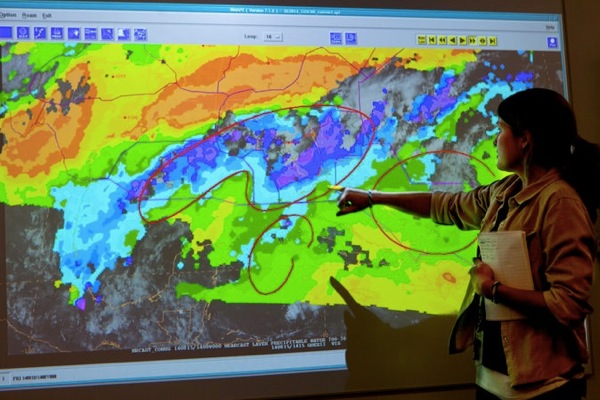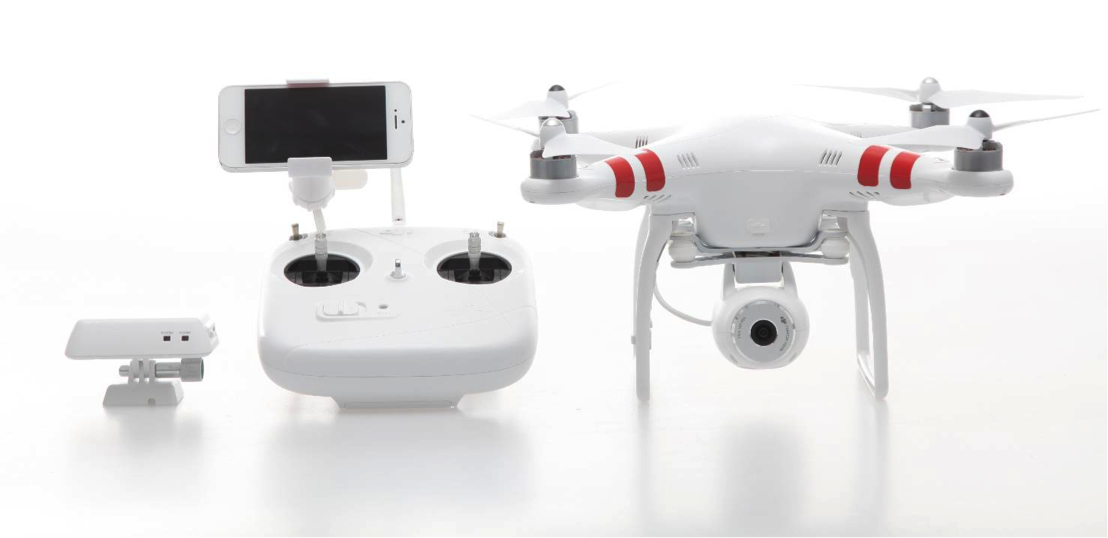"How did you become a pilot? Did you become an airline pilot via the military?"
These are two of the most asked questions that I get when among friends or at the airport in uniform. Since @TimChoi89 asked them a while back via a comment on "4 on, two off, 4 on – part 2 / my printed schedule after the fact" and my response wasn't posted (error maybe or private, bugs, lost on the internet...) I decided that I'd answer them with a brand new post. It's Friday, the 13th and raining so why not.
The second question is easy; no, I did not have a military background. I did originally look at the Navy after graduating UCSD but flight slots were too few and in demand making my chances slim to none. I also wear some thick eye glasses so that was another obstacle in and of itself. I can't say that I looked into the other military branches as I grew up in San Diego. My father and uncles too were all in the U.S. Navy so yes, I was blinded and partial in my decision. It's Top Gun U.S.A.! That leads me to the first question which is a lot more complicated.
I started flying as a hobby after I graduated college in '03. It was also a time in my life where I was started to feel compelled to "do something else." I started taking lessons and thought that I was going to make it a side project, maybe instruct or fly people around for fun. I started receiving AOPA Flight Training Magazine and in it had ads scattered throughout boasting various flight schools and programs that could lead one to a commercial airline job. I thought to myself, "Why not?" I read about a few schools at the same time deciding if I really wanted to do a post-bac and go to med school. I ended up choosing an advanced ab-initio program which gave me a jet type rating along with whoever else I needed to get hired. The program was launched and closely associated with Embry-Riddle Aeronautical University and called CAPT (Commercial Airline Pilot Training). Unfortunately, while the program and its vision remained idealistic, fuel costs and enrollment coupled with a downward spiraling economy led the university to sell it off to the private corporation, FTSI, which has since then closed its doors. (Phases out / FTSI New Release) I was in the middle of the program when they accounted its transition but they promised to make good on their word and see us to the end.
I graduated in May of 2006 after 16 months of training and was offered a job with Focus Airlines. They operated as an ACMI (aircraft, crew, maintenance, insurance) 747 cargo carrier and their contract with CAPT was extensive; totaling a five year commitment, the first year one would serve as a "cadet" placed in the office helping with various tasks from scheduling, hotel reservations, tech publications, IT, etc. basically an intern type year learning the ins and out. The second year would entail upgrading to the second officer / flight engineer position on a classic 747 followed by three years as a first officer. Unfortunately, this program ended when the first couple of CAPT cadets were not allowed to upgrade to first officers alongside the face that Focus Airlines never had a program in place. Coincidentally, Atlantic Southeast Airlines (now officially called ExpressJet) was in the beginning stages of a hiring spree and our amazing director helped us get an interview. I scored my first flying job and the rest is history. Knowing and keeping ties along with timing is key in this industry and it panned out.
It's funny how people end up visiting my site. Mr. Tim ended up here,"...by searching "the verge vs. gdgt" then I stumbled upon your twitpic and saw that you're a pilot + tech enthusiast..." Thanks for stopping by Tim and keep the questions coming.









